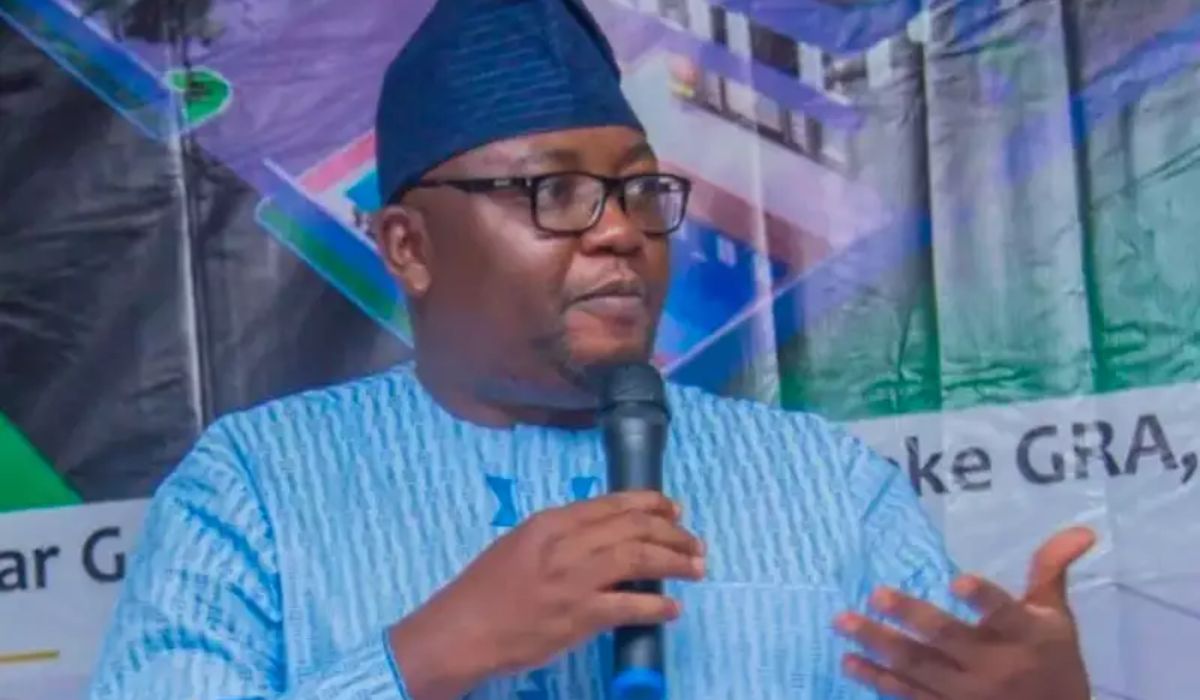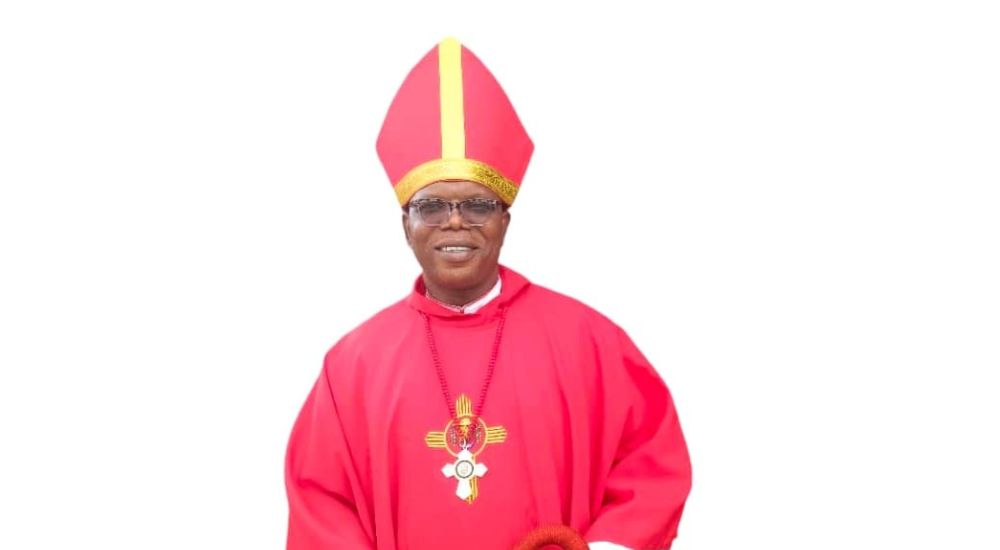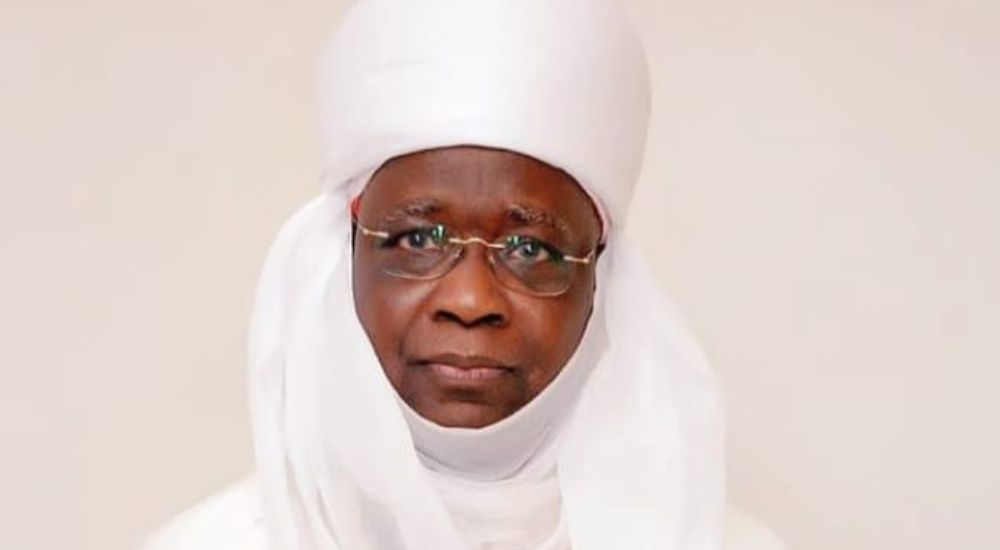FG To Address N4tn Power Sector Debt As Tinubu Scheduled To Meet With GenCos

President Bola Tinubu is scheduled to meet with electricity generation company executives as part of urgent measures to resolve the N4 trillion debt crisis threatening Nigeria’s power supply system.
This high-level engagement follows Tuesday’s critical meeting in Abuja between Power Minister Adebayo Adelabu and generating companies’ chairmen, amid growing concerns about potential national grid failure due to the sector’s severe financial constraints.
According to a Sunday statement from Bolaji Tunji, the Minister’s Special Adviser on Strategic Communications and Media Relations, the Federal Government has committed to an immediate partial settlement of the outstanding debt, with the balance to be addressed through financial instruments like promissory notes within a six-month timeframe.
This proposal will be presented during the planned meeting between President Tinubu and the leadership of power-generating companies.
“There is a need to pay a substantial amount of the debt in cash. At the minimum, let us pay a substantial amount, then ask for debt instruments in promissory notes to pay the rest,” Adelabu said.
The minister underscored the government’s determination to prevent the power sector’s collapse, describing the situation as a matter of national emergency.
“We recognize the urgency of this matter. The government is committed to resolving this debt to stabilize the sector and prevent further crisis,” he said.
The generating companies’ delegation was headed by Col. Sani Bello (retd), Chairman of Mainstream Energy Solutions and leader of the Association of Power Generating Companies, who cautioned that the industry faces imminent breakdown due to escalating debt and ongoing liquidity issues.
Earlier reports indicated that generating companies had issued formal warnings to the Federal Government regarding the accumulating debt burden, which now exceeds N4 trillion. This amount includes N2 trillion for electricity supplied during 2024 and N1.9 trillion in historical debt obligations.





